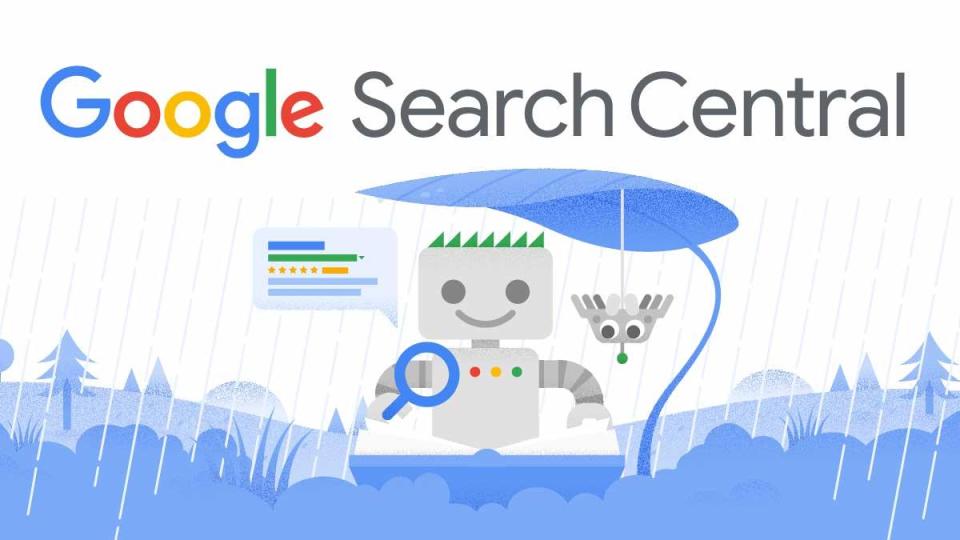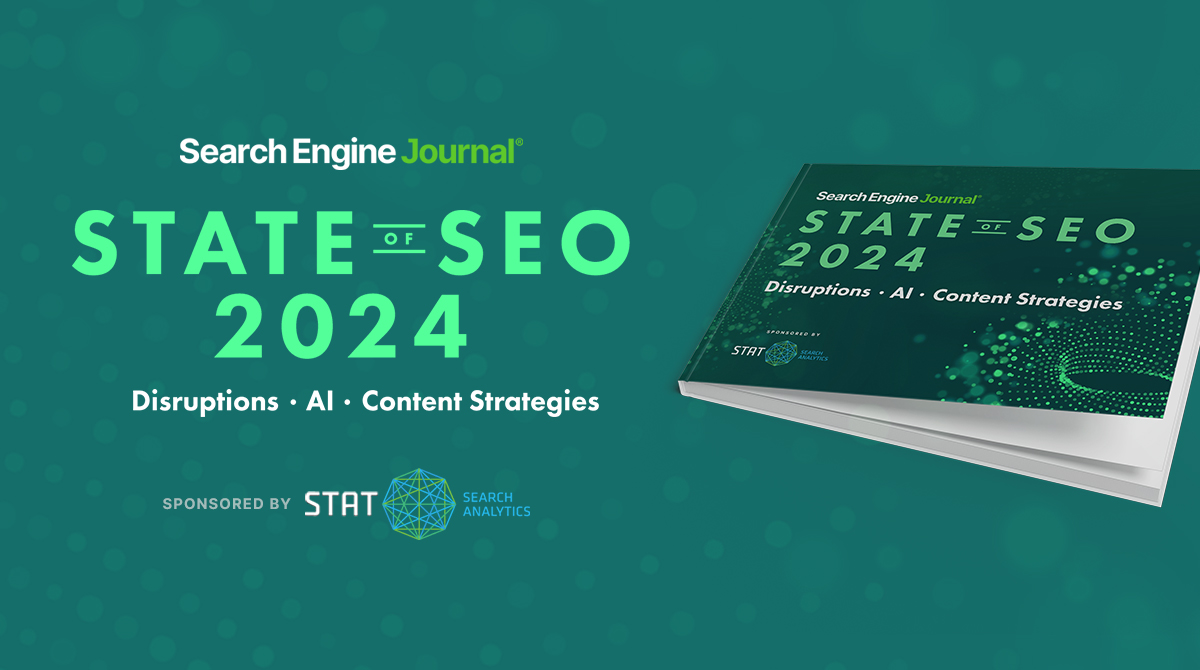- The SEOs Diners Club
- Posts
- The SEOs Diners Club - Issue #79 - Weekly SEO Tips & News
The SEOs Diners Club - Issue #79 - Weekly SEO Tips & News
Here are the weekly SEO insights for the SEOs Diners Club members.

Google Launches August 2023 Core Update
How will Google's August 2023 core algorithm update affect the SEO world? Rankings, recovery strategies, and more.
On August 22nd, Google released its long-awaited core algorithm update.
Today we released the August 2023 core update. We'll update our ranking release history page when the rollout is complete: developers.google.com/search/updates…
— Google Search Central (@googlesearchc)
5:39 PM • Aug 22, 2023
Google's core algorithm updates are like big earthquakes in the SEO world. We often feel small jolts; small rankings change point to something more prominent on the horizon. Recently, the sequences have been as mobile as tectonic plates!
If your site has been negatively impacted, don't panic. You can healthily measure the earthquake's intensity only after a while after the earthquake is over.
It is not yet clear when the update will be completed precisely, but Google stated that when the whole process is finished, it will publish an announcement on the page I shared the link below.
Such core algorithm updates are made regularly so that Google can provide users with the most valuable and reliable results. But remember, core updates are not designed to target specific sites or pages. Previously low-ranking pages may rise, while highly-ranked pages may fall.
You can try using the free Chrome extension GSC Guardian to check whether your site is affected by Google's core algorithm updates. It brings essential algorithm updates to the performance report, and you can see the performance increases or decreases that conflict with these updates.

GSC Guardian
Impact and Recovery
A core algorithm update can positively or negatively affect a website's search performance. If you're seeing a drop in your rankings, it doesn't necessarily mean something is wrong with your website. Google encourages those who see the drop in rankings to focus on improving website quality rather than looking for technical solutions.
How to Recover?
Google offers a few suggestions on how to improve your search performance, which has dropped after a core algorithm update:
Examine poorly performing pages closely.
Check the search terms that lead people to these pages.
Compare your content with the questions Google provides on its help page.
Recovery Time
Usually, it can take several months to regain rankings lost due to a core algorithm update. However, Google is constantly adjusting its algorithms, and between broader core updates, it may make more minor updates that can positively impact pages.
What Should We Do Going Forward?
While the impact of Google's August 2023 core algorithm update is not yet fully understood, businesses and SEO professionals should be patient, focus on improving website quality, and avoid quick fixes.
Generative AI Will Transform Your Search Strategy
The end of the ten blue links we are used to seeing in search results is approaching. Generative AI is rewriting the rules in this space, revolutionizing the search experience.
Google divides AI products into two categories: Predictive and Generative.
Predictive AI makes suggestions based on user preferences on platforms like Google Ads. But Generative AI is creating new and original content. This ranges from text to images and even videos.
The rise of productive AI is disrupting search strategies. For example, it can generate original and persuasive ad texts by analyzing existing ad campaigns, user behavior, and market trends.
This increases clickthrough rates (CTR) and improves ad performance. It also allows brands to use their budgets more effectively.
As Guy Gobert-Jones of Omnicom MediaGroup (OMG) points out, the impact of generative AI will be more complex. Where AI creates truly addictive user experiences, around 10% of total searches will be powered by this technology.
So what does this mean for us?
First, Generative AI will be able to automate ad copy, keyword performance, and audience segmentation. Secondly, this technology will use real-time data to optimize ad placement and cost-effectiveness. Finally, creating personalized ads will increase user experience and conversion rates.
All in all, the role generative AI will play in search marketing will be not only impressive but revolutionary. This technology will take the search experience to a new level by providing more accurate, personalized, and relevant results.
I suggest you take a look at this article that was recently published on the ZEO blog. They also started offering a Generative AI service. We are entering a period in which this and similar developments will accelerate. It seems imperative that we reconsider our approaches to SEO.
To Label or Not to Label Al-Generated Content? That's The Whole Point!
Google is clear on whether AI-generated content should be tagged: Quality and helpful content is paramount.
One of the most debated topics is whether artificial intelligence-generated content should be tagged. Today, an overwhelming majority of marketers use artificial intelligence to produce content. So, do we have to state that a bot created these contents?
Google is pretty clear on this: The quality of the content is more important than who produces it. In other words, quality content produced by artificial intelligence is superior to content written by humans but of poor quality. Content that complies with Google's EEAT standards and enriches the user experience is essential.
AI tagging does not contribute to Google's ranking factors. The important thing is that the content is helpful to readers and optimized for ranking. To some extent, Google can detect AI-generated content, but it's not as big of a problem as it might seem. The important thing is the quality of the content and the purpose of its creation.
Finally, with the increasing prevalence of artificial intelligence, policies on ethics, accountability, and transparency will inevitably be reviewed. However, AI tagging is not mandatory for now; it's the quality of the content and the human touch that matters.
Search Engine Journal Releases “2024 SEO Status” Report
The “2024 SEO Status” report takes the pulse of the SEO world. EEAT addresses key drivers and opportunities, such as budgetary issues and artificial intelligence.
The Search Engine Journal's annual status reports are an excellent resource for understanding what's happening in the world of SEO, how it's changed over the past year, and what tactics have had a significant impact.
The report was prepared with the participation of 3,890 SEO professionals and highlights three main factors:
EEAT and Content Production: Google updates quality raters guidelines and content production challenges.
Proving the Value of SEO: Budget issues, SERP competition, and customer relationships are cited as the most significant barriers.
Artificial Intelligence: Generative AI and AI software have positive potential for workflows and business outcomes.
This report also discusses how SEO professionals can monitor their performance and better measure their value. In summary, this report is a goldmine for the future of SEO. If you are an SEO professional, I highly recommend reading it.
Google Now Indexes CSV Files
Google previously used CSV data for advanced search views via structured data; now, it has started indexing CSV files directly.
While Google previously only used CSV data via structured data, it indexes these files directly. This opens a new door of opportunity for web publishers. If you do not want your CSV files to be scanned, you may need to update your robots.txt file.
This change from Google comes mainly when datasets already use CSV files in their search views. The new update further clarifies Google's reliance on structured data. So, does this mean that Google can use CSV files for search views in the future? Uncertain for now.
This change coincided with extensive updates to Google's core algorithm. Is it a coincidence, or did Google improve its crawling engine to increase its ability to index CSV files? We will see in the coming days.
If you wonder about other indexable file types, you can check this document:
Book Of The Week: “The Power of Habit: Why We Do What We Do in Life and Business” - Charles Duhigg
In his book 'The Power of Habits,” New York Times award-winning business writer Charles Duhigg presents the nature of our existence in an emotional and mental framework formed by habits.
With the wit and expressiveness of Duhigg's narration, the book sheds new light on humankind's most profound creativity. As you read on, you may begin to understand how some people and companies can transform rapidly, while others, even after years of effort, can't change their spirits that have been frightened by time.
From the labs of neuroscientists to the racetracks of Olympic swimmer Michael Phelps, the strategy room of Starbucks CEO Howard Schultz, and the activism of Martin Luther King, This book traces the proper habits on the road to success. All of them can be a key that opens the door to change and success.
If you aim to exercise, lose weight, be productive, or create innovative work with your emotions, understanding the workings of habits will provide you with the key. Charles Duhigg takes you on a journey where you can transform not only your private life but also your business life, and this journey reminds us that habits are not destiny; they are controllable and transformable.
I hope you enjoyed this week's SEO insights. Looking forward to seeing you next Sunday. Have a great week!
Best,
Mert Erkal
Join my free SEO Diners Club network to discuss any SEO-related topic. It is for SEOs who want to leverage the power of networking and common sense to enhance their careers.
How Can I Help You?
27



